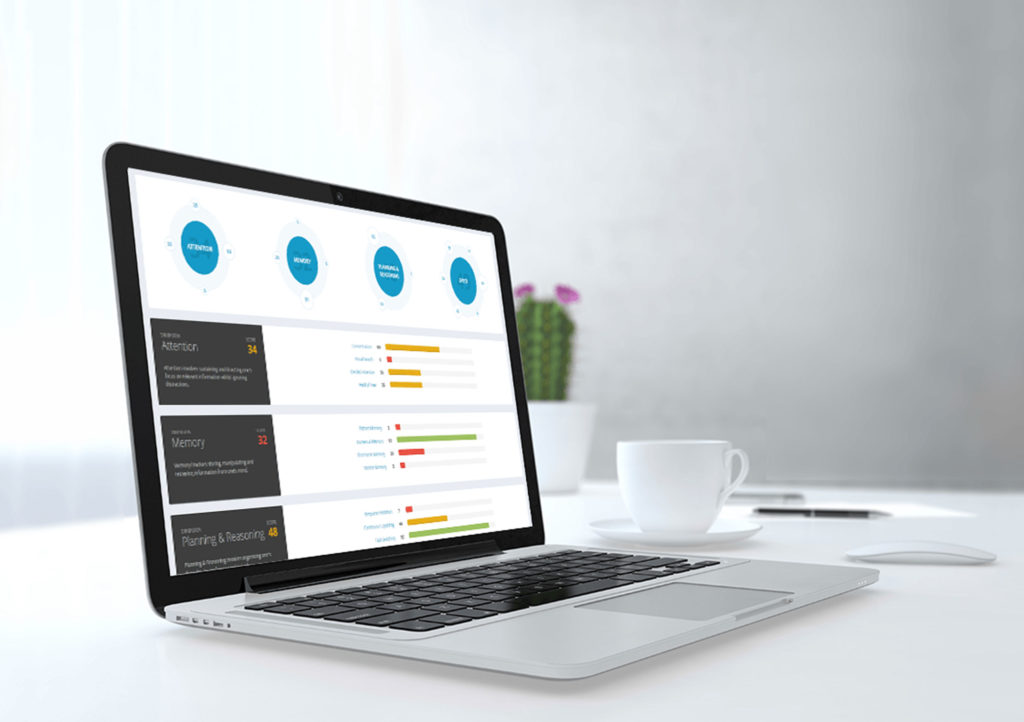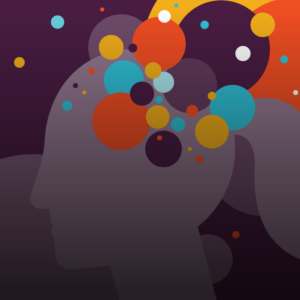Unconscious bias: a brief overview
Every one of us carries a degree of unconscious bias. This is informed by our personal experiences, stereotypes and cultural context. It’s the way our brains make quick judgements about people and situations without us even registering it. Ultimately these inherent biases can impact decision-making in the hiring process. For instance, during a study by PNAS, participants were invited to review a number of job applications. Despite the applications being randomly assigning a male or female name, each reviewer was more likely to conclude:

- The male applicants were better qualified than female candidates.
- They were inclined to hire male candidates over female applicants.
- The male applicants were deemed more worthy of a higher starting salary than the female candidates.
- They were more willing to invest in developing a male candidate than a female one.
This is a prime example of unconscious bias at play. Although reviewers didn’t deliberately discount females because of their gender; their unconscious bias did. Ultimately this would impact on the hiring decision, career development and salary of the candidates. It may have even prevented the best candidates from being considered for a position.
Can bias ever be eliminated or at least reduced?
“Because we are all human, we all harbour conscious and unconscious biases. Sometimes they’re useful – like when we stubbornly always choose to stay at our favourite brand of hotel; but often they’re not. Even when we try our best to identify and minimise them, they are always there as they form an intrinsic part of being human,” revealed Cognisess CSO, Dr Boris Altemeyer: “
Although this bias is instinctive, there are methods recruiters can use to minimise the risk of affecting hiring decisions. The emergence of artificial intelligence provides an effective solution to reduce bias. According to Dr Altemeyer: “AI doesn’t have to worry about understand its own unconscious bias, because it has none.”

Cognisess Pro, our market leading AI recruitment platform, makes it optional for candidates to disclose age, gender, race or the schools they went to and that can be hidden from assessors too. More significantly this information is never taken into account for Cognisess assessments. This is called ‘blind recruitment’ and focuses purely on the attributes and abilities that matter when hiring a candidate. This process provides decision makers with an in-depth understanding of a candidate’s suitability for the role – regardless of background. The platform is data-driven with 50 assessments to choose from measuring over 120 attributes. This range of data has been proven to assist companies like AB InBev, CIL and IHG make better informed and fewer bias decisions about recruitment and assessments. For example, hotel giant IHG has recently eliminated potential bias by 93.75% using Cognisess Pro, enabling a fairer and more accurate approach to talent management compared to their more traditional recruitment processes.
Why should companies strive to minimise it?
It is a given that leading recruiters are committed to a fairer recruitment process for applicants. This is important in building a credible employer brand and reputation to compete in the talent market. But making a conscious effort to remove bias also provides other significant benefits. “Companies in the top quartile for racial and ethnic diversity are 35 percent more likely to have financial returns above their respective national industry medians.” according to a recent Mckinsey report. Adopting an approach like Cognisess Pro which can reduce or eliminate bias, will lead to the development of a more diverse workforce. “Teams which have a more diverse composition bring so much more to the business in terms of having strength in depth to maximise opportunities like problem solving, creativity, customer empathy and innovation which can benefit a company in both the short and long term,” confirmed CSO, Dr Altemeyer.
Additionally, a recent analysis of talent attraction strategies revealed that 67% of applicants want to join a diverse team . Focusing on this will support companies to attract more candidates and the best talent into the applicant pool.
Taking the first steps to address bias
“In the battle for talent, not every company is going to win the hearts and minds of the top 3% of graduates every year – and that thinking in itself is a form of bias”, stated Cognisess CEO Chris Butt: “Therefore companies have no other option to but too look beyond the obvious to identify talent in its many forms and how it can ably fill the skills gaps they have.”

Cognisess Pro is the most advanced People Analytics and Assessment Platform on the market today bringing AI to HR. It is helping companies create a fairer process and pinpointing the best person for the role based on ability and potential – not gender, age or race. If you are uncertain of how to best start the journey of integrating AI into your HR processes, contact us today to schedule a demo.


